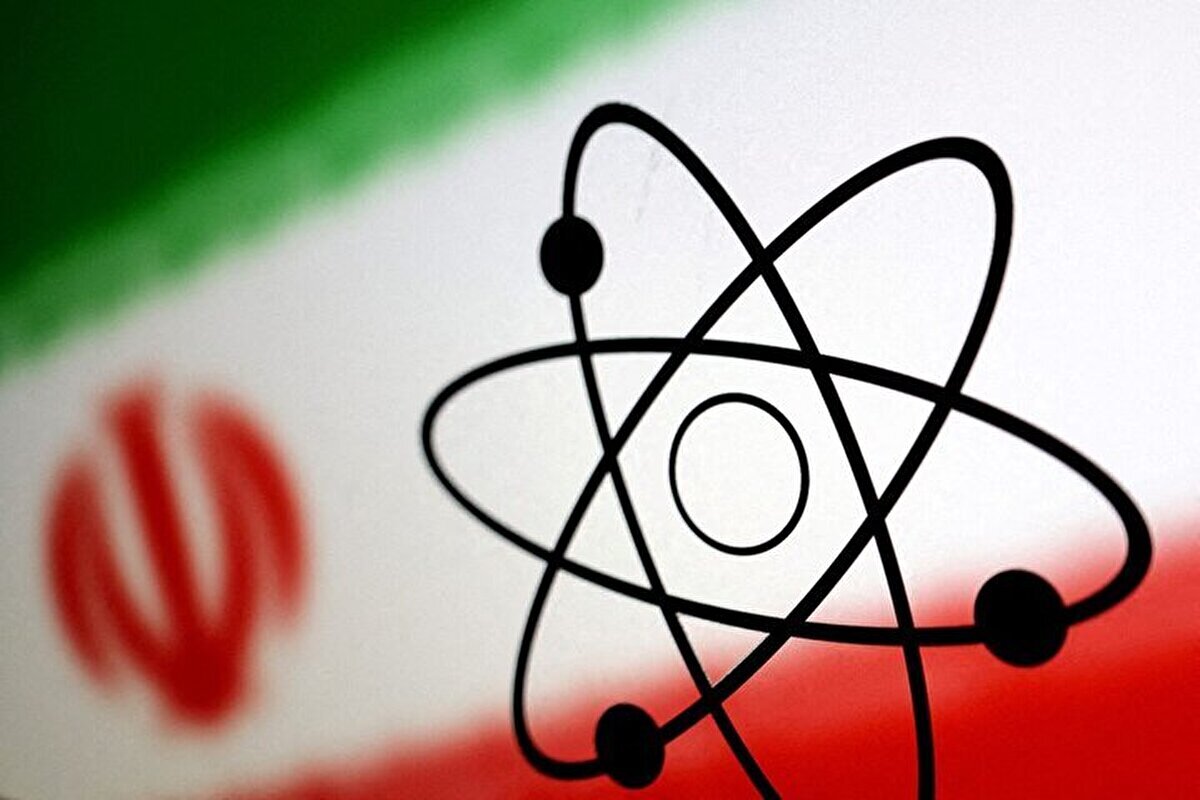Uranium Enrichment is a Strategic Necessity for Iran's Progress
TEHRAN (Defapress) - On the eve of the fourth round of indirect talks between Iran and the U.S., Trump's envoy remarks on Iran’s nuclear program draw media attention

As the fourth round of indirect negotiations between Iran and the United States approaches, recent comments by Steve Witkoff, former special envoy for the Middle East under Trump, regarding Iran’s nuclear program have attracted media and analysts’ attention.
In an interview with the conservative outlet Breitbart News, Witkoff called for a complete halt to uranium enrichment by Iran and the shutdown of key facilities such as Natanz, Fordow, and Isfahan. These remarks come despite the fact that, under the Treaty on the Non-Proliferation of Nuclear Weapons (NPT), uranium enrichment is not prohibited as long as it is conducted under the supervision of the International Atomic Energy Agency (IAEA) and is recognized as an inalienable right of nations.
Article IV of the NPT explicitly grants member states the right to use nuclear technology for peaceful purposes. Accordingly, activities such as producing radiopharmaceuticals, supplying fuel for research reactors, and applications in the oil industry, metallurgy, agriculture, and power generation are examples of peaceful nuclear technology use, which are ongoing in many countries. Iran has repeatedly stated that its enrichment activities aim to produce medical isotopes, build industrial generators, supply fuel for the Tehran Research Reactor, and develop nuclear technology for non-military applications.
Following the U.S. withdrawal from the JCPOA in 2018, Iran, acting within its rights under the NPT and in accordance with the Strategic Action Plan to Lift Sanctions passed in December 2020, suspended some of its voluntary commitments under the deal. According to IAEA reports, Iran has since increased its enrichment levels to 20% and, in some cases, 60%.
Uranium enriched to 20% is particularly used in advanced radiopharmaceutical production and fuels the Tehran Research Reactor, which has been operational since the 1960s. Additionally, specific isotopes needed for cancer diagnosis and treatment in nuclear medicine are produced from this level of enriched uranium.
From a technical standpoint, enrichment refers to increasing the percentage of uranium-235 isotopes in natural uranium. Natural uranium contains only 0.7% uranium-235, while powerful reactors require fuel enriched to 3–5%. Uranium enriched to 20% or higher is used for medical and scientific purposes. According to IAEA definitions, these levels still fall within the civilian range, especially when conducted transparently and under international supervision.
A striking aspect of Witkoff’s remarks is his apparent shift from previous statements. He had previously conditionally acknowledged the possibility of Iran continuing enrichment under IAEA supervision but has now adopted a more hardline approach, demanding a complete shutdown of enrichment facilities. This change in tone ahead of a new round of negotiations could complicate the talks and foster distrust in the diplomatic process.
As both sides seek a sustainable agreement through diplomacy, maximalist demands that disregard internationally accepted principles, such as the right to peaceful enrichment, risk derailing negotiations. Realism and respect for international legal frameworks, including the foundational principles of the NPT, appear increasingly essential for successful progress in the talks.
